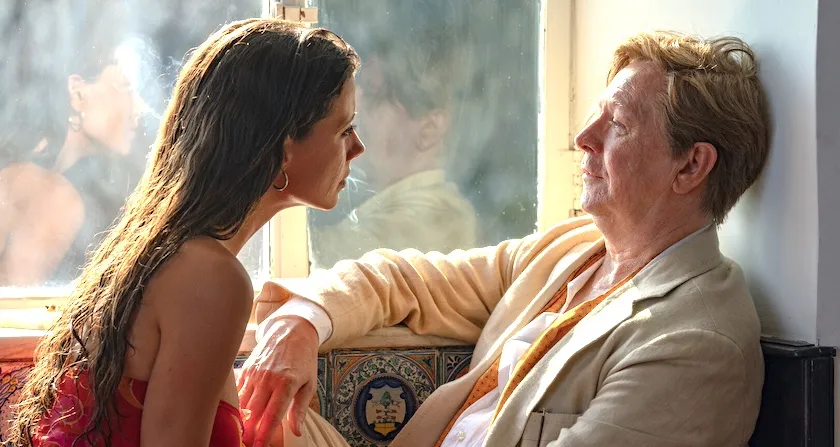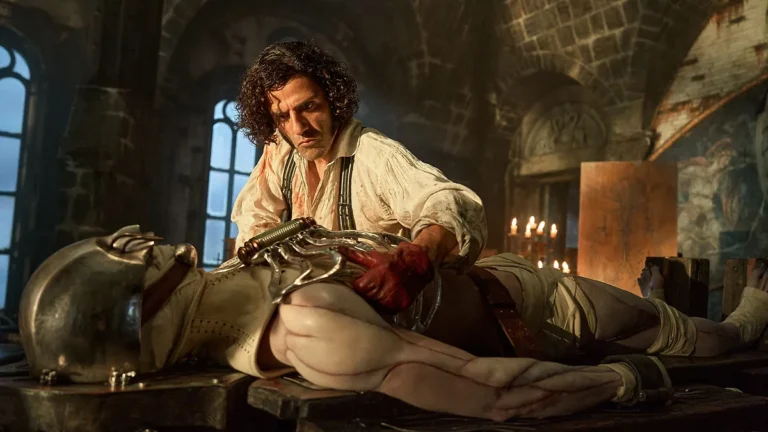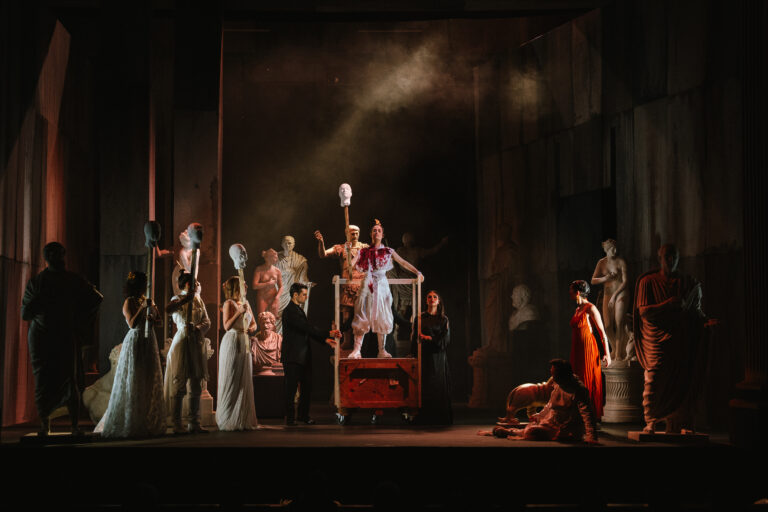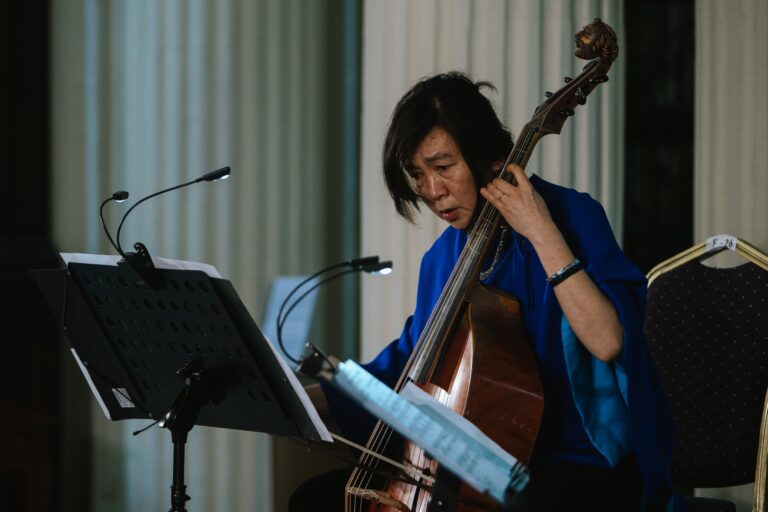Beauty, as they say, is fleeting.
So too is the interest a beautifully shot film can sustain when there’s little story beneath the surface. Unfortunately, that’s the case with Paolo Sorrentino’s Parthenope—a film as gorgeous as it is tedious: very.
Fans of the Italian auteur (the mind behind The Great Beauty, Youth, and The Hand of God) may well be enraptured by the idyllic vistas and oh-so-Italian chic of it all. And there’s no denying that Daria D’Antonio’s cinematography is the star of the show.
However, for those who expect some kind of narrative progression, Parthenope feels more like sitting through a two-hour-plus perfume commercial.

Who is Parthenope? Despite a frankly flabby runtime, she remains something of an enigma. A young woman growing up in southern Italy in the ’70s, she floats through life, her perfect looks beguiling everyone she meets. Young men worship her, old men lech after her, and nearly every supporting character takes a turn to marvel at her beauty.
She’s the sort of free-spirited nymph that arty Euro cinema returns to again and again—from Bernardo Bertolucci’s The Dreamers to François Ozon’s Jeune et Jolie. Despite the best efforts of lead actress Celeste Dalla Porta, Parthenope remains a blank slate, and it’s hard to understand exactly why everyone is so fascinated by her.
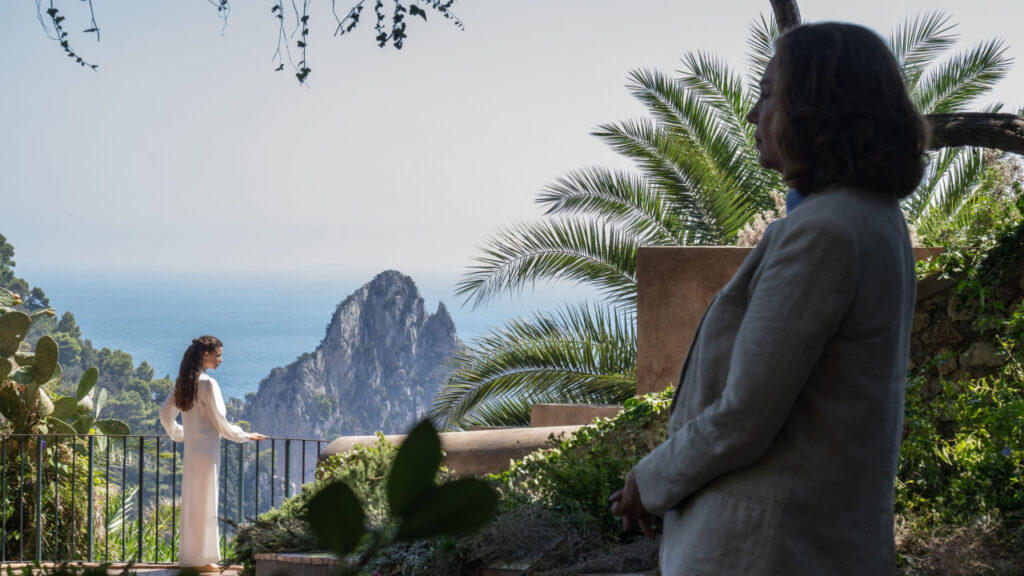
The film is populated with some intriguing side characters, from Peppe Lanzetta as a horndog cardinal to Isabella Ferrari as the mysterious Flora Malva. The biggest name in the cast is, of course, Gary Oldman, playing real-life author John Cheever. Oldman brings a melancholic charm to the sympathetic role, but like all the supporting turns, he’s underserved by a very episodic screenplay.
There are moments of oddity peppered throughout Parthenope’s journey (one bizarre ritual seems to evoke Robin Hardy’s The Wicker Man), but while they raise curiosity in the moment, they ultimately feel pointless. Sure, some film studies scholars might have a field day decoding the film’s symbolism and mythological connections. However, if a film fails to engage dramatically, most won’t be interested in looking for subtext.
Sorrentino is clearly a master of composition, atmosphere, and the delicate dance of image with music. Yet, for all its technical bravura, one can’t help feeling this is something of an indulgent confection rather than a satisfying meal. Even with its sun-drenched scenery, Parthenope can leave you feeling cold.
Despite its undeniable beauty and assured direction, Sorrentino’s latest soon becomes a chore to sit through.
